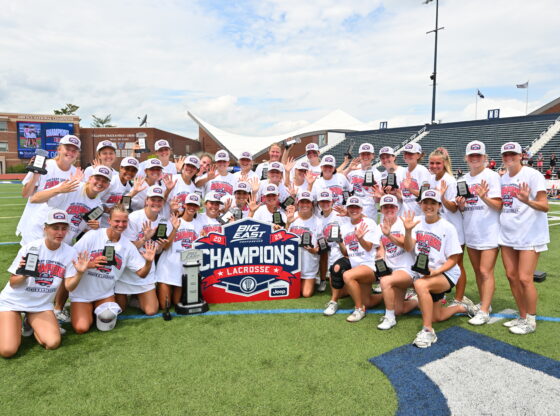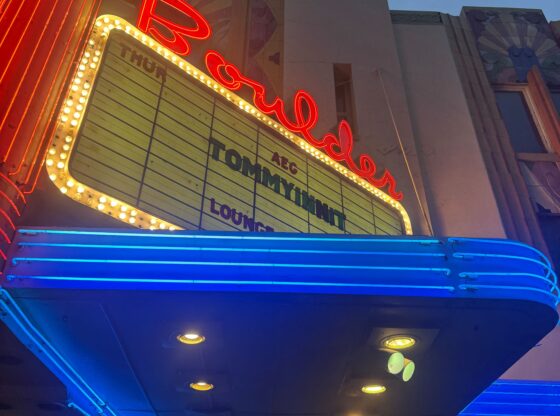About 25 percent of eligible students voted in this year’s AUSA elections.
According to Student Programs, only 1,120 students, voting for the presidential candidates, and even fewer voted for all other positions.
According to Carl Johnson, director of Student Programs and Greek Life, there are usually more voters. In 2004, 1,500 people voted for the president position. Typically, said Johnson, there are between 1,500 and 1,800 votes.
Johnson could not explain the low participation of students in the voting process this year, saying only that students are “choosing not to vote.”
Newly elected Vice-President Joe Pellar stated that the AUSA Senate should focus on giving the student body “a reason to vote.”
“It is easier for a student to vote when they know the issues and they can find one they care about.B There needs to be an easier way for students to find out what the candidates are all about,” said Pellar.
Pellar said that next year the Senate will encourage more students to vote by starting to advertise for elections weeks before the election dates and provide easier access to candidates’ issues.
“The best advertisement is not the e-mails or webcentral announcements, but actually getting face contact to the student body with the election times and dates. We tried to advertise our platform by talking to as many student orgs as possible and created a website for our peers to view,” said Pellar.
Students who did not vote blamed lack of awareness about elections and candidate’s platforms.
“I had a hard time finding it properly advertised and how to vote,” said Gavin Williams, a senior.
Williams says he was also unaware of who was running and about what the candidates’ platforms were.
“It would be good if they had a voting process where you could go [to a central location] and read everything” about the candidates, he said. During voting days, they need to “have a huge table with printouts” of the candidate’s stances and platforms so students know who they are voting for.
Nick Ellenburg, a junior, mirrored Williams in saying that he was unaware of elections. “I didn’t know about it at all,” he said.
He added, in “previous years, I’ve seen stuff about it posted on the walls,” but those postings were mostly in the dorms, and he currently lives off campus.
Some students, however, did have a choice in choosing next year’s senate leadership.
“I knew some of the people running,” said Dustin Curie, a junior, on why he voted. He thinks that friendships are “the basis of senate elections,” with students voting only if they know the candidates.
Moises Munoz, a sophomore, voiced a different reason. “I voted because I’m involved in a student organization” and elections were promoted well to those groups, he said. If he wasn’t involved in those organizations, Munoz said it “would have been different” and he might not have voted.
We need “peers to encourage their peers” in order to improving voting next year, said Johnson.
With only 593 students voting for the winning president and vice-president, voting numbers clearly need to be increased if the student population is to be represented by the senators.
No efforts are currently in place to attempt to increase voting in coming years. “We struggle with this in many ways,” said Johnson. However, student life will “support any student initiatives to increase voting.”











